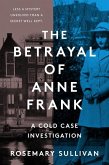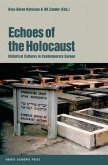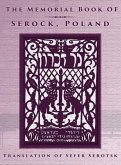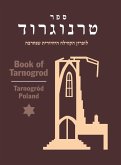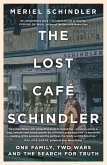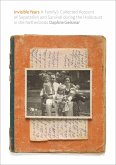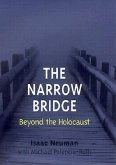Although not as well known as Raoul Wallenberg, Valdemar Langlet was the savior of thousands of Jews in Budapest in the last two years of World War II. Entirely without the permission or the financial support of the Swedish Red Cross, he issued so-called ?Letters of Protection,? which were passport-like documents with official-looking stamps that frequently saved Hungarian Jews from deportation to the death camps. Then chaos broke out in the streets and the Germans put their Arrow Cross allies in power. With the approaching Red Army threatening to turn the city into a battleground, Langlet risked his life to shelter Jews and other refugees in safe houses throughout Budapest. A gifted linguist, Langlet was able to deal directly with Hungarian officials, who were often themselves eager to have the protection of the Swedish Red Cross emblem on their own houses as the war drew closer to the capital. Later, he communicated with the Soviet commanders who took control after fierce fighting had destroyed much of Budapest. This is a unique and fascinating memoir of a man who saved thousands of lives during one of the most terrible episodes in world history without official authority or support from his own country.

